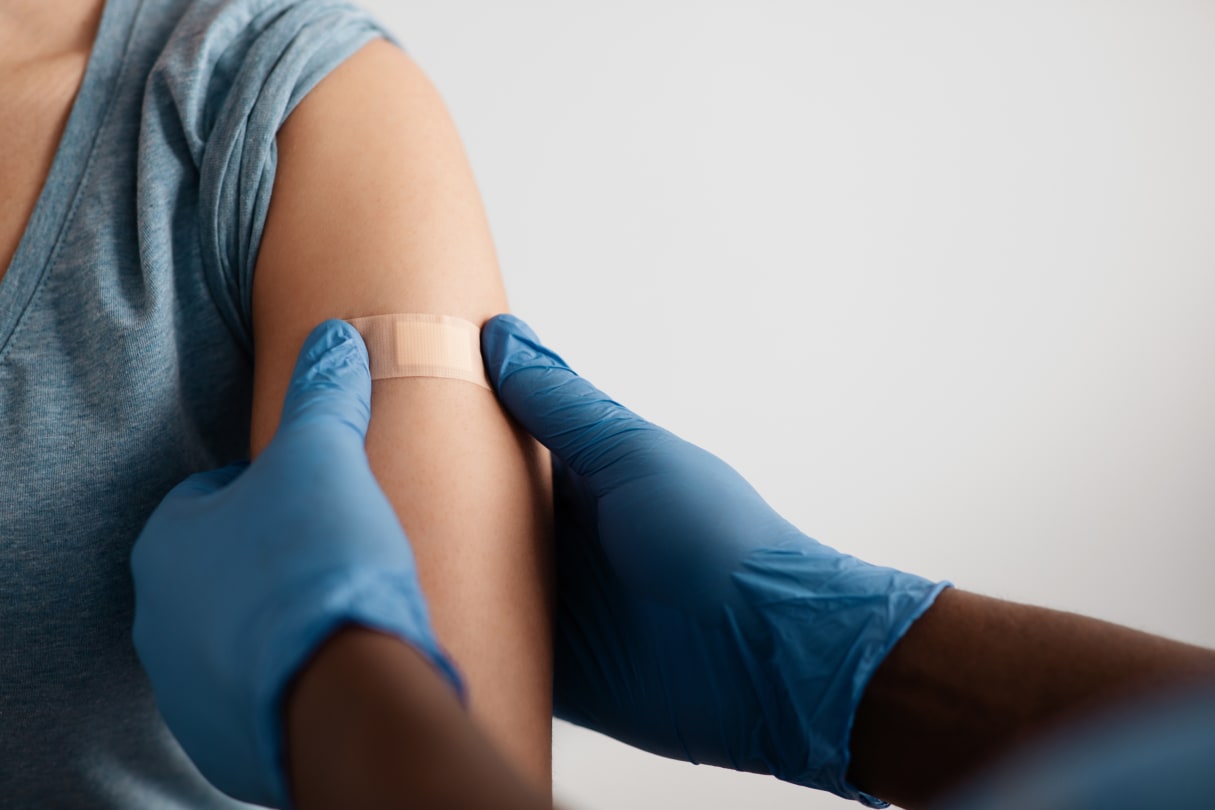This one uses a spike protein in the traditional manner:What voluntary vaccinations can I get which have weakened pathogen? (half serious, at least considering)

Novavax COVID-19 Vaccine, Adjuvanted
Novavax COVID-19 Vaccine, Adjuvanted (2023-2024 Formula) Authorized For Individuals 12 Years of Age and Older
It's not a weakened virus, more like a piece of dead virus.




